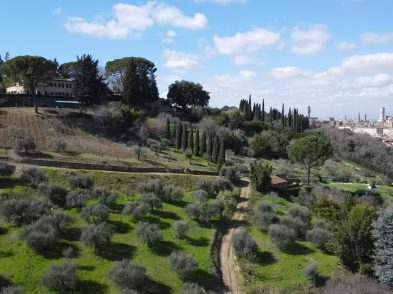Over 15 years, businessman Joshua Dick transformed Urnex, a company specialized in cleaning products for coffee machines into a global market leader. After the sale of the business, Josh relocated to Florence, where he now lives with his wife and three daughters. The Florentine met with the entrepreneur at Ditta Artigianale Sant’Ambrogio to talk about his recent projects and his new life in Italy.
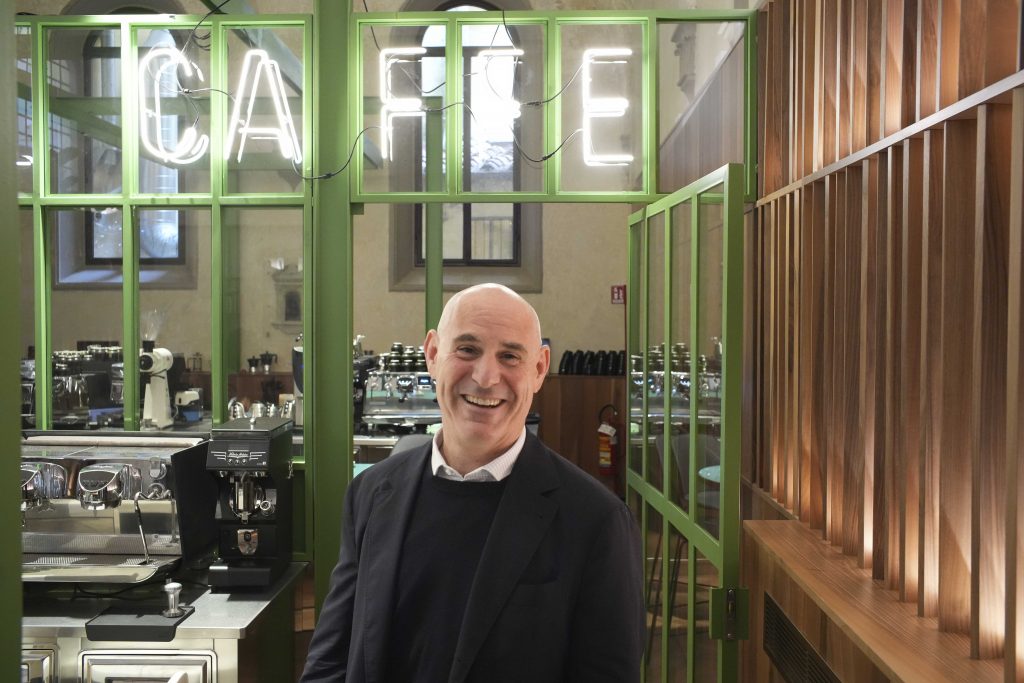
We’re meeting at Ditta Artigianale today for a reason. Tell me about your relationship with coffee and how you view the coffee scene in Italy?
Joshua Dick: My relationship with coffee goes back a really long time. Back in 1936, my great-grandfather, who was an immigrant to the United States, started making cloth coffee filters for big companies. I eventually got into the business and began producing cleaning products for coffee machines, and that’s what I did for the next 15 years. It was very focused and became a global business where we went everywhere that had a real coffee presence. We followed brands like Starbucks, Dunkin’ Donuts and McDonald’s all around the world. We developed this approach of working with many different manufacturers to make better tasting coffee by cleaning the machine. The biggest machine manufacturers are in Italy, Switzerland and Germany, so I was back and forth to Europe all the time. So, that’s how I got to Italy because I had such a strong connection with all the espresso machine manufacturers here.
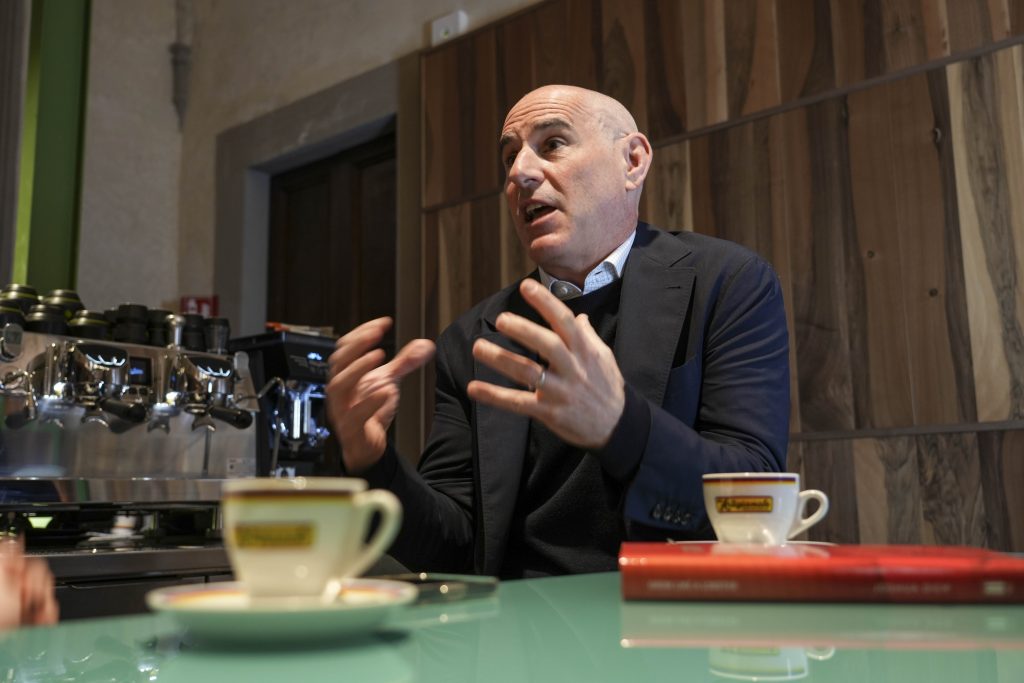
How do you shift people from paying a euro for a coffee to something that’s more reflective of the research and work that’s involved in the segment?
It’s a different situation in Italy than it is in the rest of the world. The coffee here, especially at Ditta Artigianale, is really world class. It’s in a different category to what Italian coffee is traditionally. Here they’re following the trends that are originating in London, Seattle and Los Angeles. Francesco Sanapo and the team at Ditta have taken that and put their Italian stamp on it. You pick up the menu here and they’ve done a great job with it. It’s a change of pace from what you get anywhere else. I’ve lived in Florence for six years now and I’d go to Ditta Artigianale on via dello Sprone all the time. That’s actually where I wrote my book, Grow Like a Lobster. Every morning, I’d go there with my laptop and it was my little home away from home, the same table and everything. That was back in the early days in 2017 when I was just getting going.
I got to Italy because I had such a strong connection with all the espresso machine manufacturers here.
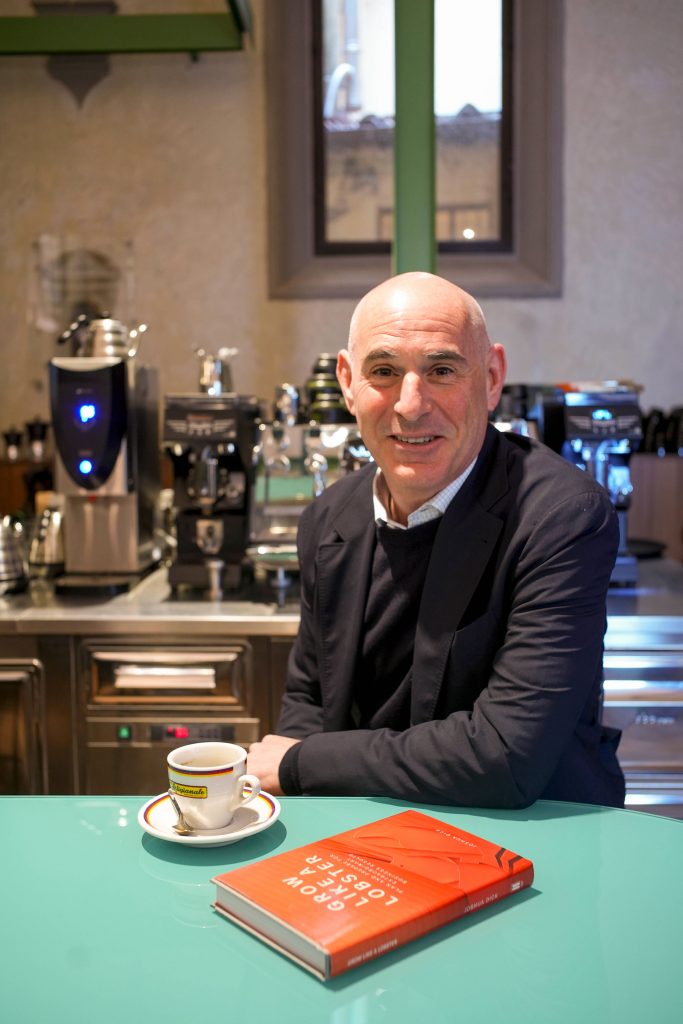
How did you decide to move to Florence and what’s that life change been like in the last six years?
I was fortunate that the business grew at a consistent and controlled pace for 15 years. When the opportunity came to sell, I sold to a private equity firm. I stayed on as the CEO and continued to run the business with these new partners. What I came to realize was that, in building and creating my business, I had in fact created my dream job. I loved the people I worked with and the customers. I had all of these wonderful experiences and opportunities. Right after the first sale of the business, I sat down with my wife, and we said, Why don’t we live here? Why not give our kids a chance to be global citizens and to better understand the world? One of the strengths of my business was that it had grown into 75 countries and that gave me a chance to travel, but also to interact with fascinating people from different cultures. I wanted that for my kids. Before moving, we had a set of criteria that we used to decide where we were going to go. It had to do with the schools, the weather and what languages we might want to learn. We wanted to learn another language because my high school French wasn’t cutting it. That was how we chose Florence. Since we’ve arrived, we’ve found that it has such an amazing collection of locals and expats who come together in this way that’s stimulating, yet un-intimidating and welcoming. It’s been a great experience so far.
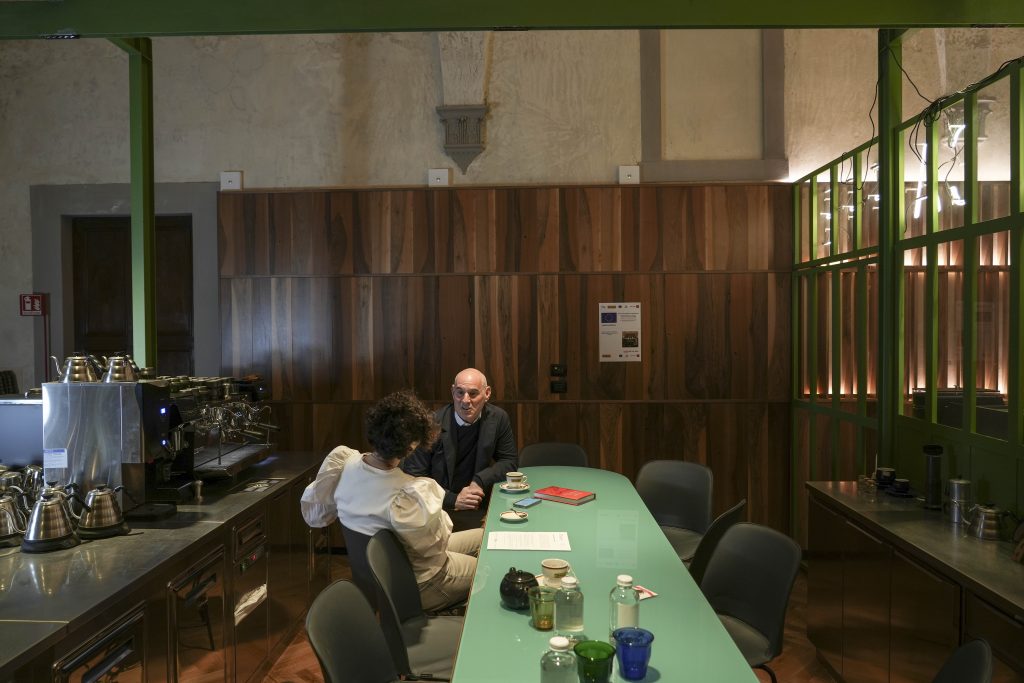
You’re involved in the Connect US scheme that was set up to advise young Tuscan entrepreneurs. What sort of advice are you able to give?
I had a conversation with the US Consul General, Ragini Gupta, about the range of resources that are available in the American community. We’re high tech people, authors and investors. I consider myself a business operator who’s good at staying focused and avoiding distractions. I’m hoping to use these skills to help businesses here in Italy. Italians have this incredible passion. The beauty of entrepreneurship, especially in the early stages, is that they get into a business because they’re jazzed up about something. For me, one of the things that helped make my business successful was that my standard of what I wanted to achieve was very focused. By being focused, it helped me to avoid distractions. We tend to want to please everyone, but I think the best businesses are the ones that decide they’re going to do one thing really well first and then figure out how to do the next thing. The ones that try to do six things all at once are going to do five things at a mediocre level and they’re probably going to fail at that sixth thing. A lot of entrepreneurs come to me and say, Can you spend a day with us talking through our situation? Over the years, I’ve found that I enjoy listening and trying to relay back to them what I heard in a way that’s more organized. Years of trying to live with horse blinders on helped me figure out how to do that.
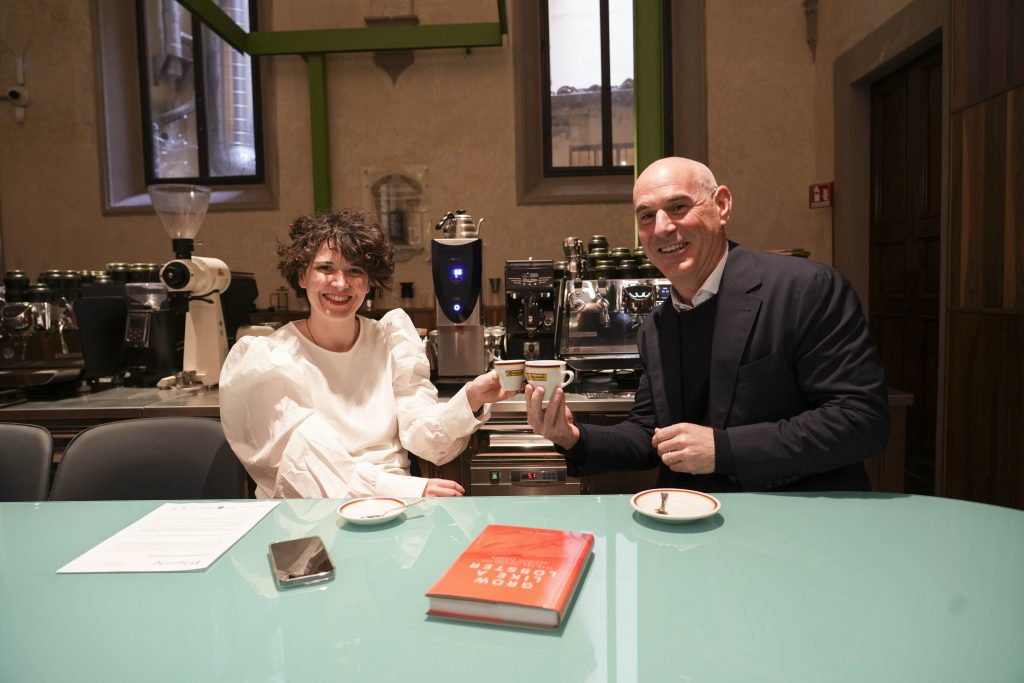
Tell me about your book, Grow Like a Lobster. When did you start writing it? Was it a lockdown project?
Unfortunately, it was finished and released, but then lockdown took the launch tour off the table. I kept a diary throughout running my business. Because I was alone as the CEO running the business, I had no one to complain to. I wrote about the things that bothered and worried me. It ended up being hundreds of pages long. Then, when I sold the business, I read through it all and thought, There’s a lot of stuff in here that I wish someone had told me when I was getting started. I read many books when I was starting out and I’d take one little idea from each one, which would help me build and create my business. By writing my own book, my hope was that at least one person would read it and it would solve one of their problems or confirm for themselves that a decision they made was the right one. So, I wrote an outline of what I thought the book might be and didn’t look at it for two years. Then, I moved to Italy, I learned Italian and I spent every day for four months going to school for four hours a day. When I came back to it, the book started with an outline. I organized it and bounced it off some people, and then went through the whole book writing process before eventually finishing it. It wasn’t like running a business, where you’d get a sale or come up with a new win along the way, which was frustrating, because it took so much effort to get one output.
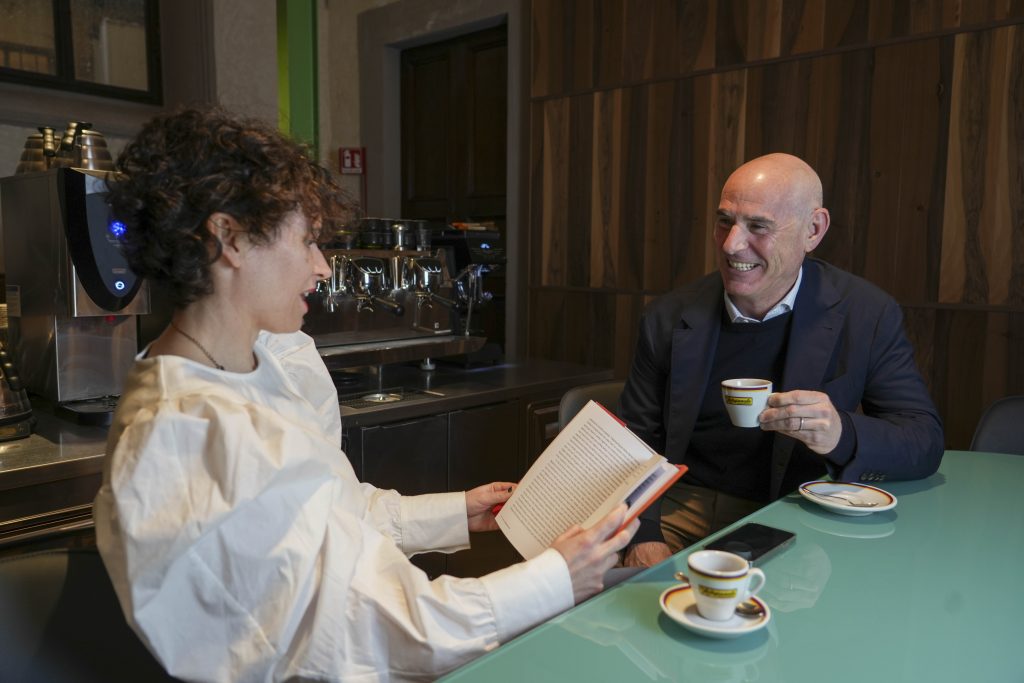
Did you enjoy the writing process?
I enjoyed the writing, but the final edits, the organization and the publishing not so much. The story behind the title is actually quite funny. When I went through the diary that I’d written, I found that I kept talking about lobsters. At some point in 2004-05, I had read an interesting book called The Secret Life of Lobsters, which talked about the life cycle of a lobster. When a lobster molts, it sheds its shell in a painful process where they have to pull their whole body through the shell. And then, after they’ve finished molting, they lay there as this floppy, vulnerable mess on the seafloor for two weeks before their shell grows back. In my diary, I wrote that this vulnerability of a lobster is exactly how I felt. Sometimes, in business, you feel like your shell is hard and that you’re super protected, while other times you feel like everything’s going wrong. Anyone who’s worked for me over the last 10 years would hear me say, Remember the lobster. That was my way of telling my team that the next “molt” was coming. It’s always coming. Things may be good right now, but we would talk about what we need to do to get ready for the time when we don’t have our shell and we’re no longer protected. The pandemic, for example, is the greatest molt of all time. I did so many different podcasts and lectures across the US about how the pandemic was a molt that nobody could prepare for.
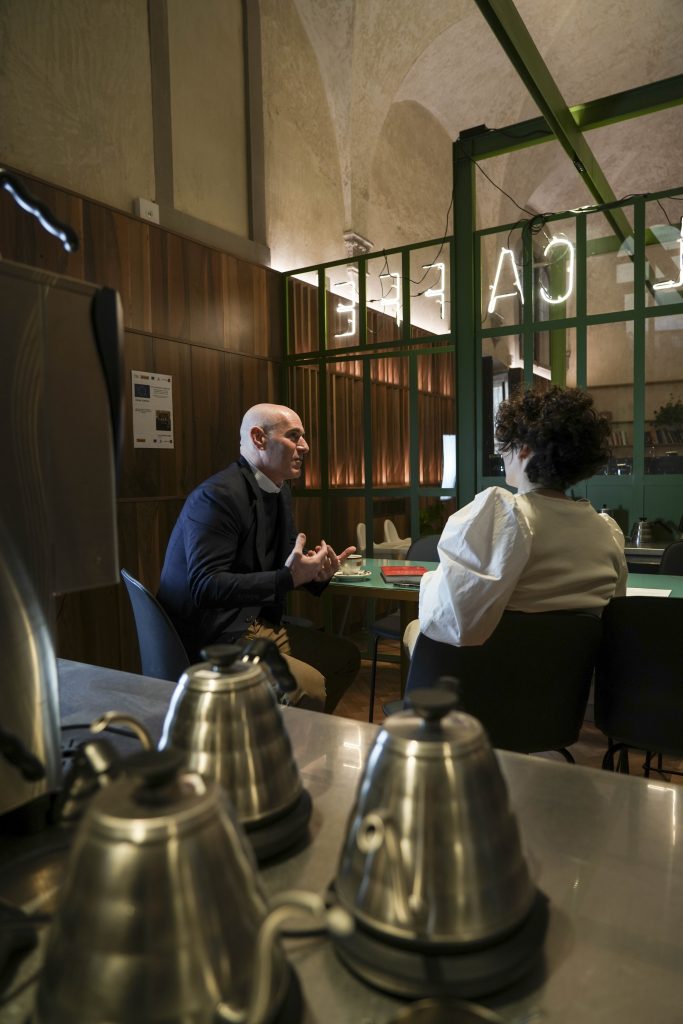
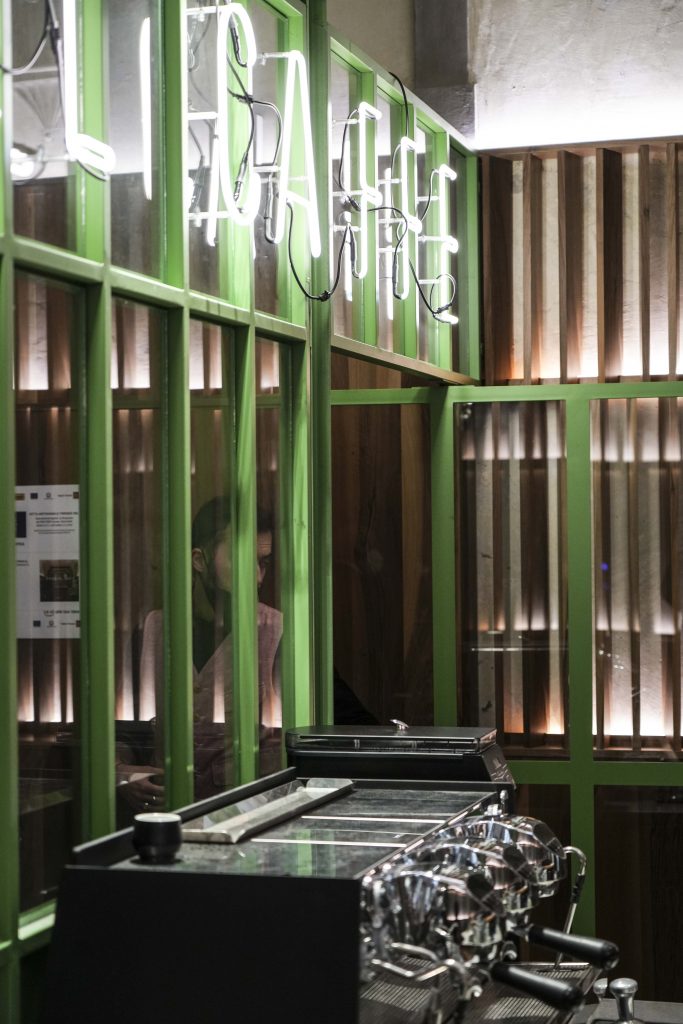
Tell me more about your life in Florence. What does your average day look like?
The best part about living in Florence, and also sometimes the hardest part for a non-Italian, is finding ways to integrate yourself with the community outside of just the school or just those from your home country. When we arrived here, one of the really important things for us, alongside learning the language, was sports. Each of our daughters, particularly our oldest, have really gotten engaged in sports. Our oldest plays water polo for Rari Nantes Florentia and the middle one actually plays for Fiorentina in the under 15s soccer. I’d bring them to the sports and that’s really where I learned to speak Italian, with the parents on the sidelines. With the Fiorentina parents, every week when I first got here, there were a bunch of dads that would bring grappa to practise. They always teach me a new Florentine word. For example, I first learned al tocco, meaning one o’clock for lunch!
Work-wise, I have all these investments in coffee, which are actually all outside of Italy. So, there are quite a few board advisory role meetings where I come in and engage in them. I also do a fair amount of venture capital in the US, so I keep going back and forth. I don’t really have to spend that much time in the US, but when I do, there’s always a series of meetings or things to look at. It’s more mentoring than anything else, which is very much what this Connect US programme will be. I’m interested to see if there are businesses here in Italy that I can learn something from or that I can contribute to in some way. In life, you have to learn that your perspective isn’t the only perspective.
With thanks to Ditta Artigianale Sant’Ambrogio for hosting us at their coffee academy.



